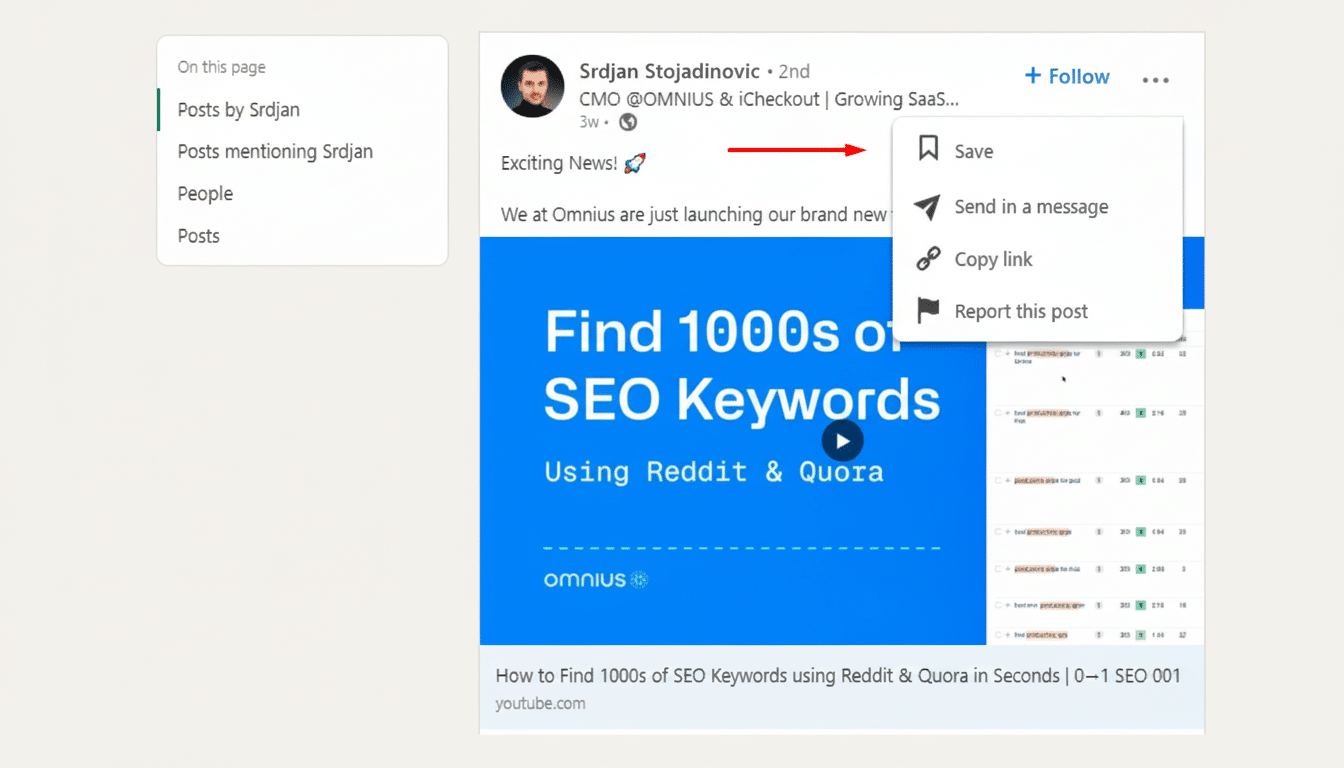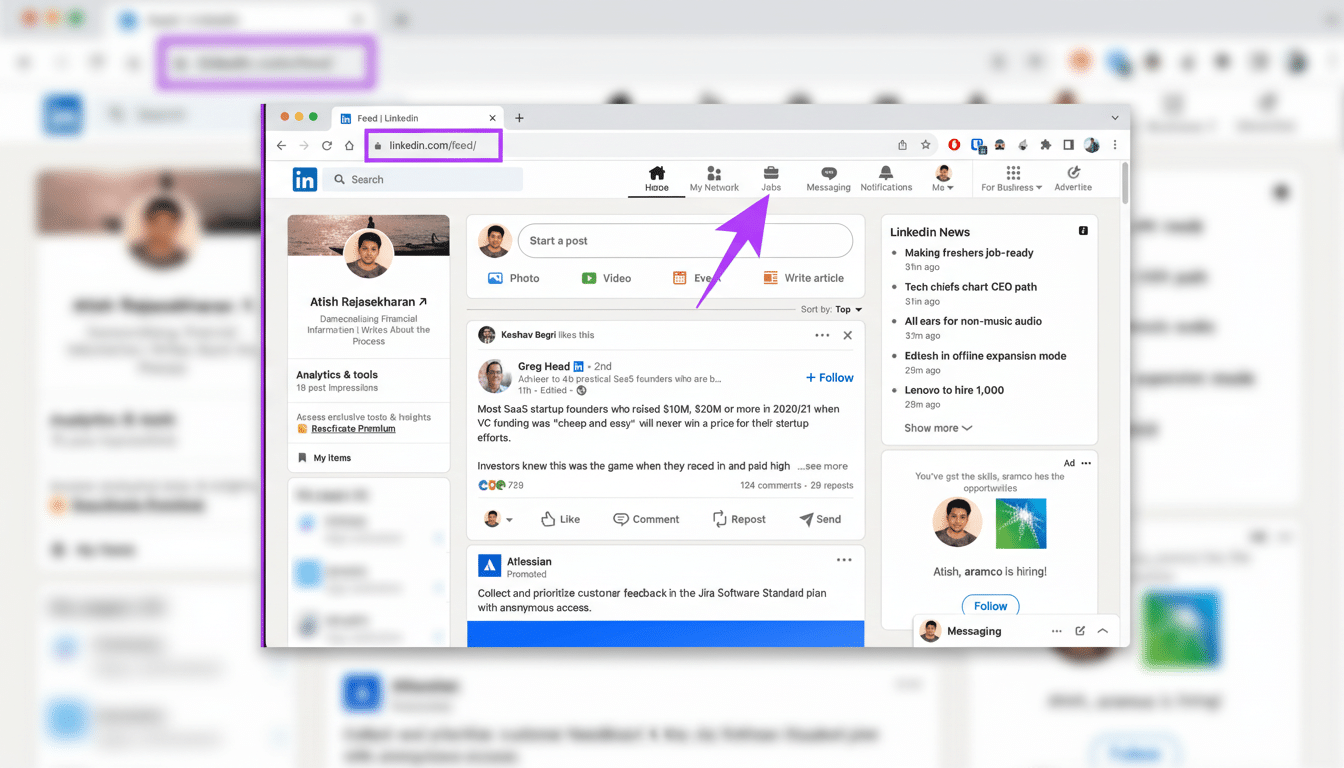Bluesky is introducing private bookmarks, which have for years been requested by regular users of social media and where people can save posts without broadcasting it on the public with a like or a share. Named Saved Posts, it includes a little bookmark icon that appears under every post, nestled next to that now-ubiquitous heart—they can then stash anything away they don’t have time for now and return to it later from a new “Saved” tab in the app’s main navigation.
On Bluesky, likes are public intentionally. That kind of transparency works for the open social ethos, but it rubs up against friction when you want to keep a collection of research threads, or potentially sensitive tips to yourself, or just keep your interests your own. Private bookmarks do a nice job of resolving that tension without altering either how likes work or how feeds order content.

How Saved Posts work
Tap the new bookmark icon on any post to save it in your private Saved list. These ones, unlike likes, are only visible to you. Saved lives in your main navigation and provides a clean, chronological library that doesn’t get polluted with everything you’ve hearted along the scroll.
For early Bluesky users who relied on a red pushpin emoji in replies as a sort of DIY saving mechanism, there is a migration tool available that will convert those threads into proper bookmarks, the company has also built. It’s a little quality-of-life addition that acknowledges how the community has been using the site in real life, though.
Why private bookmarks matter
What the public likes can stifle, or limit the honest engagement.” Many times, journalists like to collect posts in private for fact-checking and future reference. Research and making tries to keep the work-in-progress archives private. And many people just don’t want to advertise every curiosity or guilty pleasure. According to surveys conducted by the Pew Research Center, the majority of social media users adjust their behavior on the sites to manipulate how they’re perceived, so a private save button is more than a nice-to-have — it’s a trust feature.
That’s the same conclusion competitors have drawn. Instagram’s “Saves” quietly emerged as one of the key creator signals, something Meta has stressed in its creator education materials. X moved to conceal likes for most users after realizing that public hearts could discourage engagement with controversial or stigmatized posts. Bluesky is going a different direction: It leaves likes public to maintain transparency but offers an alternative, private pathway for curation.
A practical solution to protocol constraints
There is a technical wrinkle in the background. Bluesky is built on the AT Protocol, which is designed from the ground up to maximize portability and openness. However, Huston said, AT Protocol doesn’t yet include a standard way of storing private user data. For now, Bluesky is working to port Saved Posts off-protocol completely to send them; like the app currently does with direct messages, they won’t be shared with the rest of your account’s follows.

That was a practical trade-off of building an open social network. Public content and identity are hosted and portable; private data (like DMs and saves) are, for now, app-only. If the protocol subsequently layers on encrypted private records, Bluesky could map bookmarks into that layer, marrying privacy and portability without leaving the functionality of today’s system behind.
What it means for engagement and discovery
Private saves normally increase “return to content” behavior as people return to consume the rest of a long post, reopen posts that they meant to link to and search again for how-tos. In creator ecosystems, saves can also be more indicative of interest than a quick like and tend to feed into the recommendation systems. Although Bluesky hasn’t clarified if saves will impact ranking, the feature is logically a way to promote composable feeds on the platform by letting users be the algorithm, collecting and sharing higher-signal content for their followers when they’re prepared.
The timing also dovetails with a broader push to make Bluesky more sticky. Recent changes included a consolidated button for photo and video uploads, tooling for providing custom feed creators with feedback and “Starter Packs” of follow recommendations — additions that seem designed to allay onboarding friction and expedite things like discovery without compromising user autonomy.
How it stacks up against other platforms
Instagram, Reddit and TikTok have long considered saves and favorites private signals to sit alongside likes. Bluesky’s implementation follows that pattern but is notable in that it has to ride both sides of the fence on decentralization: the public graph is federated, the private shelf is local to the app. That split highlights Bluesky’s dual mandate — building an open social layer while addressing the modern demands for privacy, and personal organization.
The bigger picture
Not overpower, to be sure: Saved Posts will not dominate the feed. But they will change behavior at the margins that matter — research, reporting, long-form reading, adult content, and anything in which discretion is part of participation. It’s a small feature that’s a sign of a larger direction: Bluesky is willing to ship pragmatic, privacy-respecting tools today while its underlying protocol gets developed tomorrow.

